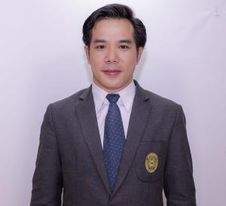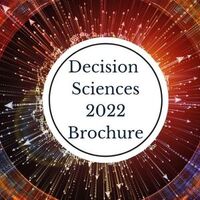Day 1 :
Keynote Forum
Dr. Krit Phanpanya
International College, Maejo University, Thailand
Keynote: Sustainable Development Goals and Ecological Footprint for tourism sector in Chiangmai
Time : 10:00 AM

Biography:
Dr. Krit Phanpanya is a Lecturer of International College at Maejo University. He holds a Ph.D. Tourism Development at Maejo University 2020. Master’s degree in Hotel and Toursim from University of Phayao and B.Ind.Tech. Civil Technology at Rajamangala university of technology Nonthaburi Campus. He brings a mix of 10 years of international hospitality management work experience, and 6 years of teaching, administrating and advising experience in prestigious hospitality Management Schools in Chiangmai Rajabhat University. He also researcher and reviewer and working conditions in the tourism and hospitality industry.
Abstract:
Sustainable Development in Global Energy Markets analyses the topical and contentious issue of the critical intersections between local content requirements (LCRs) and the implementation of sustainable development treaties in global energy markets. While LCRs generally aim to boost domestic value creation and economic growth, inappropriately designed LCRs could produce negative social, human rights and environmental outcomes, and a misalignment of a country's fiscal policies and global sustainable development goals. These unintended outcomes may ultimately serve as disincentive to foreign participation in a country's energy market. The tourism sector is one of the import economic sectors contributing to the local economy of Chiang Mai municipality. Chiangmai city have largely invested in infrastructure development to promote the tourism industry. Visitors, domestic and foreign, travel to these cities easily because of good road networks between the other places, and establishment of international/domestic airports close to the city location. Due to the higher number of visitors, the local ecological footprints have become larger. The analysis showed that the transport sub-sector generated the largest proportion of CO2 emissions, equivalent to 96% in Chiang Mai municipality. Furthermore, 89% of these emission in Chiang Mai municipality were caused by air transport alone in the year 2022. Emissions from building and infrastructure and other materials used were low compared to transport sub-sector emissions. Therefore, managing the transportation system within the city and organizing alternative transport systems to bring tourists into the city with less carbon emissions than air transport such as buses and railroads may be another solution.

